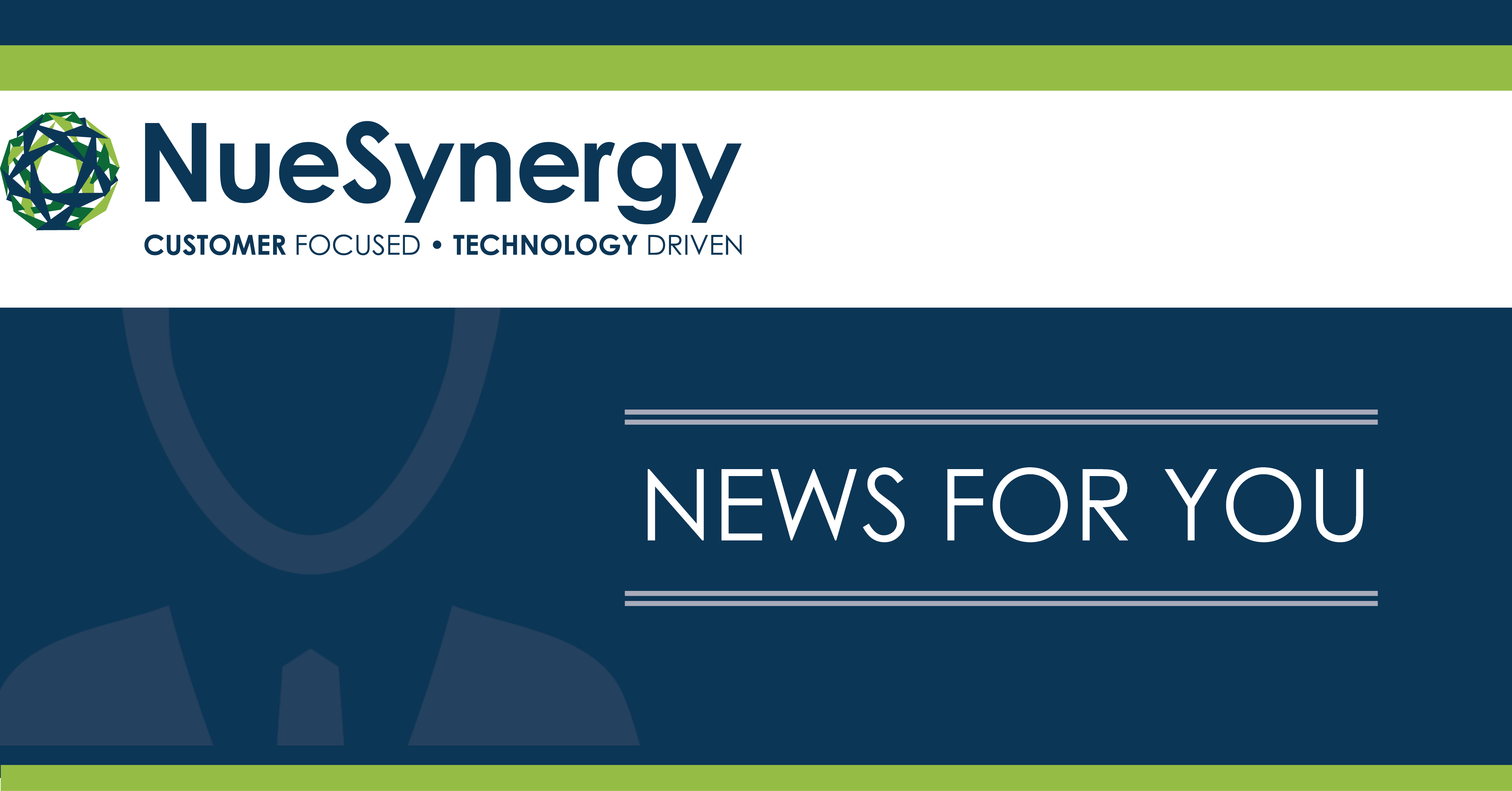A Health Savings Account (HSA) is an individually owned, tax-favored account that allows individuals to pay for qualified health care expenses. In order to set up or contribute to an HSA, you must be covered by a Qualified High-Deductible Health Plan (HDHP). Premiums associated with an HSA-qualified plan are usually lower than a traditional plan, allowing employees to capture the savings and fund their account.
HSAs remain popular because consumers are looking for more choices and more ways to save. For example, HSAs offer triple tax savings. This means any HSA contributions can be made either pre-tax or are tax deductible at year-end. Any interest income or earnings on investments tied to an HSA remains tax free. As long as the HSA funds are used to pay for qualified health care expenses then no taxes will be charged on distributions. HSAs are extremely versatile, and there are many other benefits of opening an HSA.
Here are 5 tips to maximize your HSA account:
Go beyond December 31; put that end-of-year bonus to good use
As long as you don’t go over the annual HSA contribution limits set by the IRS, you can sock away your HSA dollars until Tax Day.
Apply the last-month rule
This rule allows individuals who are eligible on the first day of the last month of their taxpaying year, which is usually December 1, to contribute the full yearly maximum. For example, if your HDHP coverage started October 1, 2018, you’d be eligible to contribute the maximum for 2018 since you were covered before December 1, 2018. That’d total $3,450 if you have individual coverage and $6,900 if you have family coverage.
Use the once-per-lifetime IRA transfer
It can be difficult to find the funds to get started with an HSA. However, HSA rules allow a once-per-lifetime transfer from a traditional or Roth IRA to an HSA. The same HSA contribution limits for the year apply.
Reimburse yourself
Use receipts for the health care expenses you paid for with non-HSA funds and repay yourself from your HSA account. For example, let’s say you paid your recent health care expenses out of pocket, and never withdrew money to repay yourself. And now you’re a little short on paying for a major house repair. You can use the receipts for the health care expenses you paid for with non-HSA funds and repay yourself from the HSA account.
Get your family involved
By naming your spouse as a beneficiary, he or she gets your same tax benefits. If you name your child or anyone else as beneficiary, the funds are taxable income in the year they are received. If you have a child starting with a new HSA, you can help out by depositing funds into their account to help them meet their annual contribution limit.






